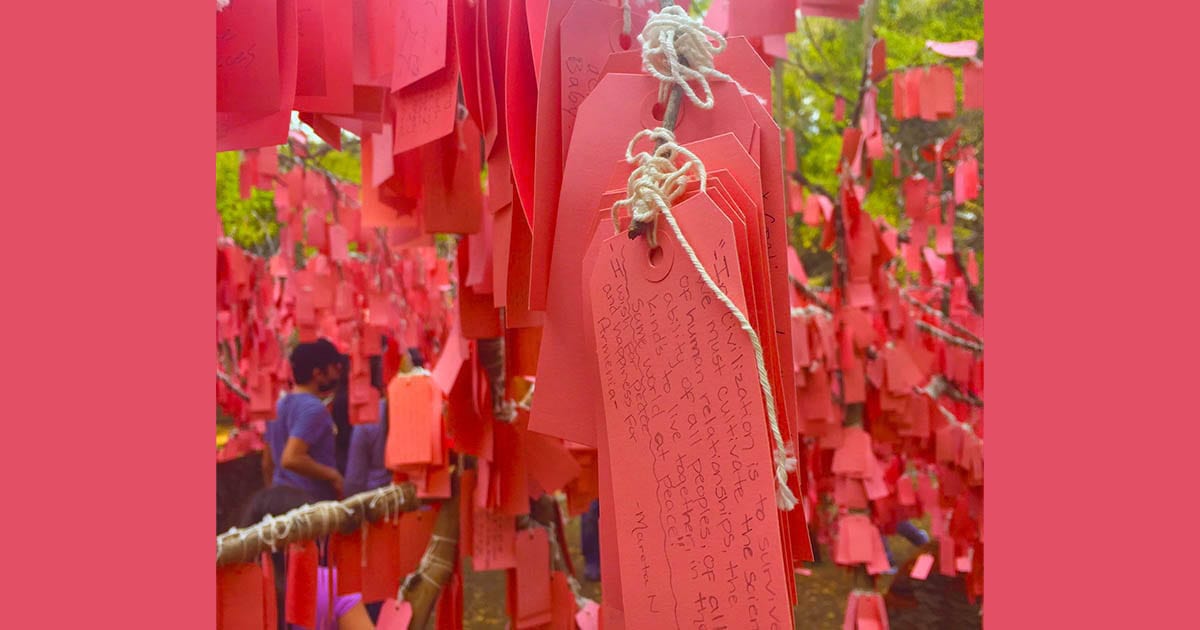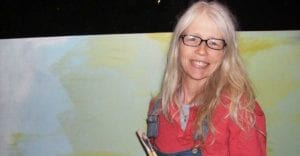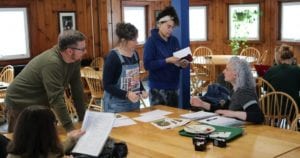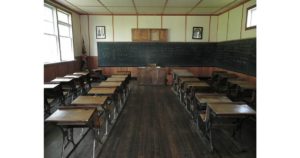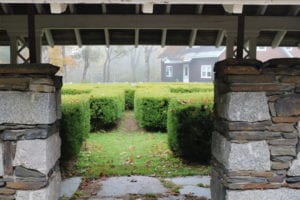 Answer: Send Sneakers
Answer: Send Sneakers
Sappho was a Greek poet born sometime around 612 BC. While not much is known for certain about her life, among poets her reputation is as large as the remaining fragments of her poetry are small. One thing I can state categorically about her is that she was born on the tiny island of Lesbos.
Sappho lived in a time of great political strife (has there ever been a time in human history where there hasn’t been ‘great political strife’?) and as a result of something she said? she wrote? (we cannot know for certain) she was exiled in Sicily. It is assumed that she was eventually allowed to return to Lesbos where she spent her final days.
I’m thinking of Sappho approximately 2,600 years after her death because I am reading about the plight of the most recent refugees to make the headlines, and the fact that 10,000 refugees in one week have washed up on the shores of Sappho’s birthplace. And thousands more are expected to arrive.
I’ll come back to this in a second; for now, I’d like to say that yesterday the news reported that there are approximately 60 million refugees in the world; that because of the news and the photographs and the numbers, my feelings of powerlessness increase; and that whatever I can do feels like a drop in one of 60 million buckets. Powerlessness can be paralyzing. But I do not want this feeling of paralysis to stop me from doing anything at all.
After reading and feeling all of these things, and then asking myself—as someone who lives thousands of miles away from the people washing up on various Mediterranean shores, or those riding on the top of South-American trains, or those walking across European fields that may be pockmarked with landmines, or those who are walking across the Sahara Desert, or those who walk and walk and walk and are then stopped from finishing their journeys with tear gas, or razor wire, or newly-constructed walls—as a writer, what can I do to help?
 I read and I read and I search and I search and I look for a way that might free me from this feeling of powerlessness into something that I can put to good use. And in my research, I stumbled upon a small article, not written by a journalist, but by a “farmer’s wife with a happy mess of 6 kids, a crazy camera & a bunch of books that landed on the NYTimes bestsellers lists.”
I read and I read and I search and I search and I look for a way that might free me from this feeling of powerlessness into something that I can put to good use. And in my research, I stumbled upon a small article, not written by a journalist, but by a “farmer’s wife with a happy mess of 6 kids, a crazy camera & a bunch of books that landed on the NYTimes bestsellers lists.”
The bit that spoke to me was a segment about a post-office on the tiny island of Lesbos where refugees wash up daily on the shore. Yes, in the birthplace of one of our poetry ancestors, there is a small post-office that will accept what you send, and there are people there, waiting to distribute your donation.
Imagine this: You pack a box of things, you mail it to an island in the Mediterranean, and your donation is put directly in the hands of someone who desperately needs it. To me, this feels like one step away from putting what I send in the hands of a refugee myself. Yes, this is still just a drop in a vast ocean of political turmoil and human loss, but it is also a gesture of help that will have an immediate and positive effect for the person who receives it.
As writers, we look for ways into our work all the time, and in doing so we are just as likely—actually, probably more than likely—to enter the work through a window rather than the front door; and this is what this blogpost has been for me—finding my window; my way out of a sense of powerless, my way into how to put words in the service of those that need it, but don’t have the resources to do it for themselves.
What is your window?
How will you write yourself out of a feeling of political powerlessness and into a way to use your words in service of those who need it?
For today, I’m thinking of Sappho as someone who would relate closely to the plight of refugees who are forced to leave the place of their birth, as she too was also forced to leave Lesbos for political reasons. I am also thinking of her as a poet—an artist—that is, someone who observes the world and speaks about what she sees in a way that has an emotional impact on those who listen.
So, if you’d like to help refugees stranded in Sappho’s birthplace, see the list below, and mail to:
Hellenic Postal Office of Mythymna
℅ The Captain’s Table
Molyvos 81108
Lesbos
Greece
Items to send for refugees on Lesbos:
Sneakers, gym shoes for men, women and children (all sizes) are a high priority
Sweatpants of all sizes.
Briefs/underwear for men, women, and children (all sizes)
Men’s trousers (small, medium and large) and shoes
Baby powder milk
Non-perishables like nut butters or other long-lasting foods.
Diapers
Feminine products
Sleeping bags
Plastic to cover the floor/for shade
Tents/tarpaulin
Mats (camping or yoga mats)
Hats and caps for sunshade (adults and children/light colors because of the sun)
Sappho was eventually able to return to her homeland. If the day ever comes when the refugees currently fleeing their various countries feel safe enough to return, then I hope they will take with them the memory of the little post-office on Lesbos where help poured in from people who put aside their feelings of powerlessness and instead sent them sneakers, sweatpants, sleeping bags, etc. to aid them on the rest of their journey.
Coda: After I wrote the words above, all I could see were sneakers sneakers sneakers everywhere . . .
Which made me think: What if there was a movement called Sappho’s Sneakers?
What if our objective was simply to direct 10,000 pairs of sneakers to 10,000 refugees, so that they could keep walking to a place of safety?


